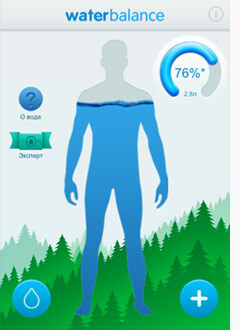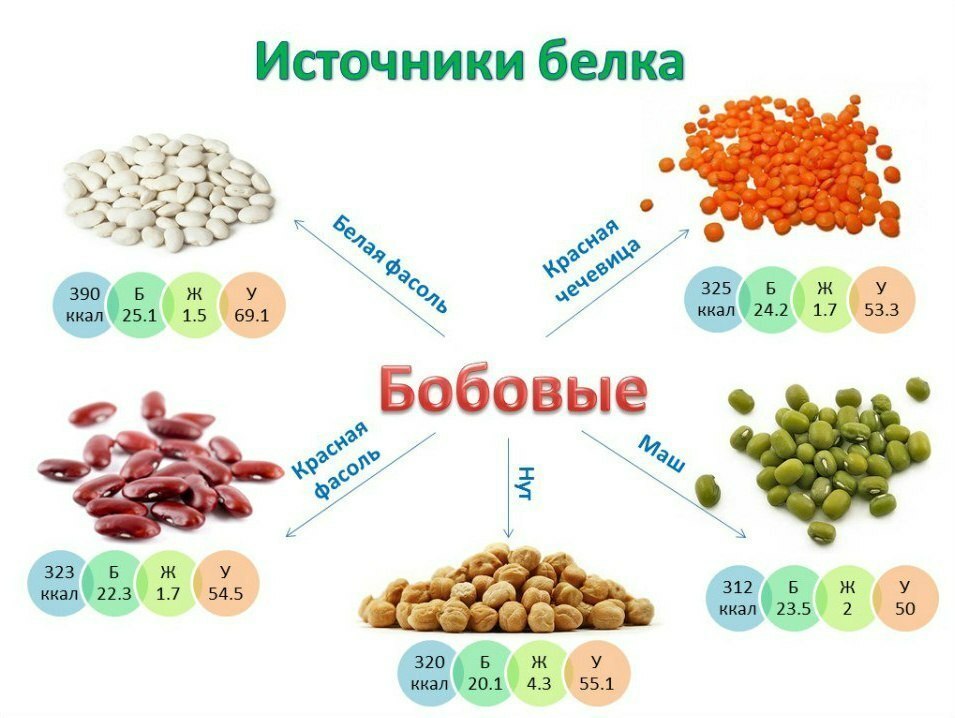Water and its importance for men's health
Water is life. This is how the role of water in human life is characterized. Therefore, maintaining optimal water balance is a priority for all who want to be healthy.

Contents
- 1 Why does a person need water?
- 2 What to drink and what not to drink?
- 3 How much water should I consume?
- 4 How do you know if you consume enough water?
- 5 Rules for healthy drinking
- 6 Phone applications recording the water level
- 7 In conclusion
Why does a person need water?
The human body basically consists of water. About 60% of the human body is water. The brain is 70% water. Thus, drinking enough water daily, you give your body the opportunity to update and replenish its basic building material.
When the body has enough water, the nervous system works more efficiently, the concentration of toxins decreases( they are washed out), the kidneys filter the fluid better, more grease is formed in the joints, the stool is normalized and the body completely detoxifies.
Liquid supply also contributes to healing: the first reaction to injury is to send a large amount of water to the affected area in order to separate it from the body and isolate the area of the disease.
In the ambulance department, the first thing I often do is to inject extra liquid intravenously. They do not wait until the patient himself wants to drink, they immediately put him a system for the drip of fluid.
What to drink and what not to drink?
Many people think that using some liquids other than plain water, they replenish the water balance, although in fact this leads to loss of water by the body. Such liquids, taken by us as an alternative to ordinary water, not only do not satisfy the needs of our body in water, but also clog it. Such products include:
- Coffee and tea. It is desirable to limit the intake of these drinks( no more than 2-3 times per day), preferring only natural products( see personal experience of refusal of coffee and tea).
- Carbonated and fizzy drinks. Such beverages contain harmful ingredients, an excess of caffeine and sugar.
- Juices for shops. Contain various preservatives, citric acid and a large amount of sugar.
- Distilled water in a constant mode. Do not replace the liquid entering the body with distilled water, as it is devoid of minerals. With the constant use of distilled liquid, the body will lack a mineral, which can lead to a weakening of the skeleton and associated diseases.
- Mineral water in constant mode. Mineral water is medicinal water and should be prescribed by a doctor as an appropriate course of treatment. In small doses, mineral water is useful, but do not replace it with the use of simple water.
- Water from the tap. Such water contains impurities of heavy metals, in particular chlorine and iron, which, with prolonged use, can cause some harm to human health. The way out of this situation is simple - filters for water purification.
How much water should I consume?
Depending on body weight, a person should consume 2-3 liters of water per day or 6-8 glasses of water a day minimum. The norm of consumed water increases if a person engages in active physical work and sports. Note that many liquids, such as coffee and tea, lead to dehydration of the body. Therefore, fans of these drinks should limit their use and increase the daily dose of simple clean water.
How do you know if you consume enough water?
If you consume enough water, your urine will be clear, colorless and odorless. This facilitates the work of the kidneys and the cardiovascular system and serves as a proof of a good water balance. It happens that on some days you are forced not to drink for several hours in a row, or even all day. When this happens, urine leaves hot, very concentrated and always with a smell. Such situations lead to stresses on the kidneys and cardiovascular system.
Note: some additives with group B vitamins color urine in orange. Beets can make your urine red. Some people after drinking asparagus urine gets a specific smell. If the urine has an unusual color for several days, talk about it with your doctor.
Rules for healthy drinking
- Immediately after awakening, drink a glass of water( preferably in small portions).This will help wake up, turn the body into work and activate the course of biochemical reactions.
- Try to divide your daily fluid intake into several receptions in small portions so that the water flow passes evenly throughout the day.
- Do not drink while eating. Try not to drink earlier than half an hour before meals and 1-1.5 hours after eating. The fluid that enters the esophagus with food dilutes the gastric juice, which worsens its digestion. Especially it concerns cold water. If there is a need to consume the eaten food - make it a warm or hot liquid.
- Do not replace water with other liquids - only water has the necessary properties.
Phone applications that record the water level
It has become easier for adherents of high technologies to monitor their health. Now, owners of phones with the Android and IOS platform can monitor the level of fluid in the body with the help of a special application WaterBalance.


The application is very simple to use. To start working, you need to fill out a profile, where you specify your name, weight, height, date of birth, after which the application determines your daily water rate. All you have to do is register the amount of liquids drunk per day.
The plus of this application is that it calculates the level of dehydration for liquids such as coffee. Minus is a constant input of data on the quantity of liquid drunk. In any case, you can install and use the application a couple of days in order to find out about your water balance.
In conclusion
Recently, scientists have carefully studied water as the most mysterious element of our planet, and many surprising discoveries have been made. For example, that water has a memory and that it can be structured. And since a person consists of 60-80% of water, all these discoveries are directly related to us. All this proves once again that water is the most important element for living organisms.
Recommended for viewing:
2 comments



